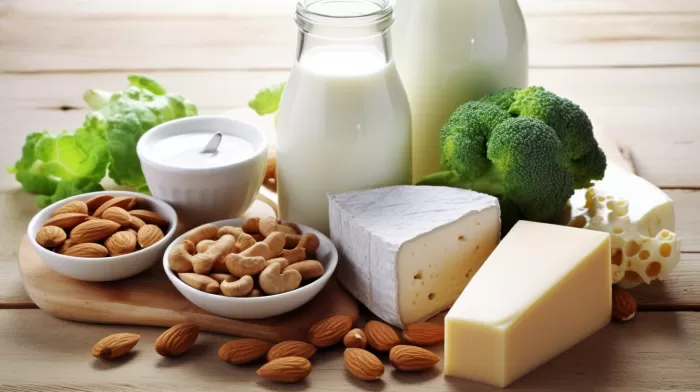Calcium is crucial for not only bone health but also the skeletal system and smooth muscle movement. It plays a significant role in releasing hormones and enzymes that affect nearly every function of the body. You may need to worry about getting enough calcium if your body loses it too fast or cannot absorb enough over time.
One reason for having insufficient calcium is menopause. Menopause results in a greater calcium bone loss due to lack of estrogen. Advancing age also leads to increasing amounts of calcium loss through urinary excretion. Medications such as thiazide diuretics and antacids can affect your calcium levels too.
Excess calcium has been linked to various diseases. Kidney stones, constipation, and an increased risk of prostate cancer are all associated with high levels of calcium. A study also found that calcium supplementation increases the risk of heart disease in older women and patients with kidney impairment. The US Preventative Services Task Force recommends that there is not enough evidence to determine whether vitamin D and calcium supplements at larger doses can prevent fractures in older people. It states that lower doses of vitamin D and calcium supplements do not prevent fractures in older women but might increase the risk of kidney stones.
To get enough calcium from your diet, try incorporating milk, yogurt, cheese, kale, broccoli, cabbage, almonds, fish with soft bones like canned sardines and salmon, and sprouted or boiled grains.
Calcium supplements are available in different forms, with calcium citrate being the most recommended. This form of calcium is more expensive but is better absorbed by the body. Calcium gluconate, lactate, and phosphate are alternative options. However, be sure not to take calcium supplements simultaneously with certain medications, as they can reduce the medicine’s absorption. These medications include bisphosphonates, specific antibiotics, levothyroxine, and phenytoin.



